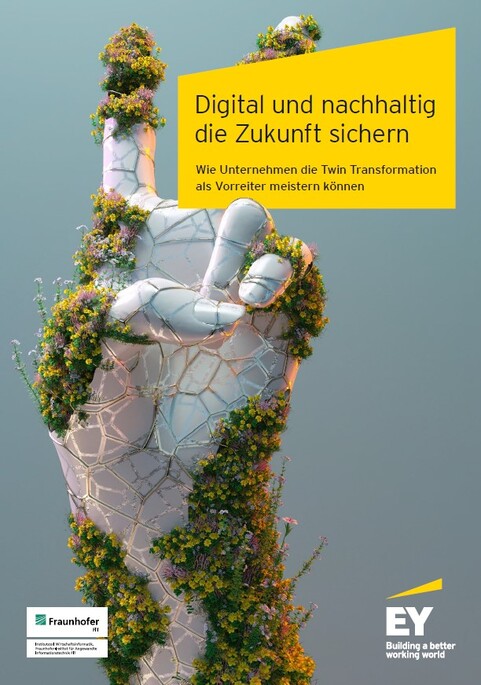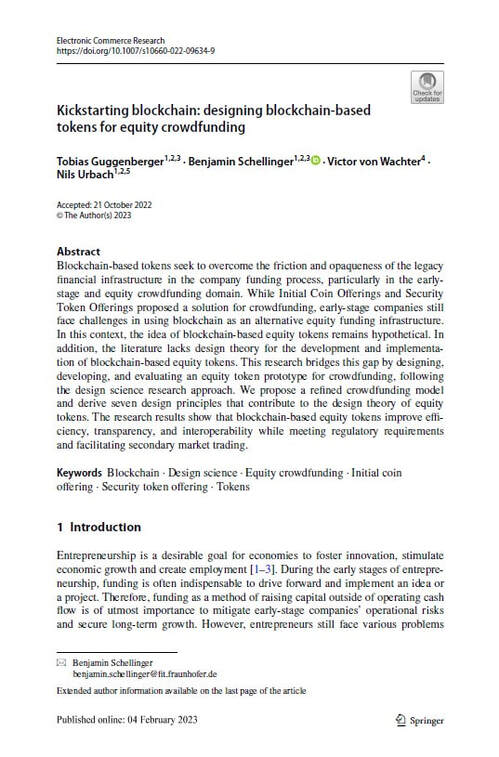|
While most companies are still busy rethinking their identity in a digital world and mastering their digital transformation, the climate crisis is gaining speed. With it, corporate awareness is growing to align themselves more strongly in the direction of sustainability. Many companies already recognize that an immediate sustainability transformation is inevitable to meet the various political, social and economic demands.
Although digitalization and sustainability goals can seem at first glance to be at odds with each other, there is untapped potential in combining digital transformation and sustainability transformation. The trick is to unleash this potential within the framework of a Twin Transformation. The Twin Transformation bundles the transformational forces of digitalization and sustainability at eye level; it pushes corresponding efforts and rewards in the areas of digitalization and sustainability to the same extent. In this context, digitalization serves as a central lever for achieving sustainability goals and, conversely, sustainability as a profound purpose and design framework for the digital transformation. The Twin Transformation represents an opportunity to master two major and at the same time absolutely necessary challenges and not only to continue as a company in crisis-ridden times, characterized by digital competition, ecological challenges and social tensions, but also to make a positive contribution. To achieve this successfully and, in the truest sense of the word, sustainably, we would like to provide a guideline with our study. It is intended to help people understand the levers and effects of the Twin Transformation and explains how to use them. Blockchain-based tokens seek to overcome the friction and opaqueness of the legacy financial infrastructure in the company funding process, particularly in the early-stage and equity crowdfunding domain. While Initial Coin Offerings and Security Token Offerings proposed a solution for crowdfunding, early-stage companies still face challenges in using blockchain as an alternative equity funding infrastructure. In this context, the idea of blockchain-based equity tokens remains hypothetical. In addition, the literature lacks design theory for the development and implementation of blockchain-based equity tokens.
Our research bridges this gap by designing, developing, and evaluating an equity token prototype for crowdfunding, following the design science research approach. We propose a refined crowdfunding model and derive seven design principles that contribute to the design theory of equity tokens. The research results show that blockchain-based equity tokens improve efficiency, transparency, and interoperability while meeting regulatory requirements and facilitating secondary market trading. Please read more about our research in our latest paper accepted for publication in Electronic Commerce Research. |
Archives
June 2024
|


 RSS Feed
RSS Feed